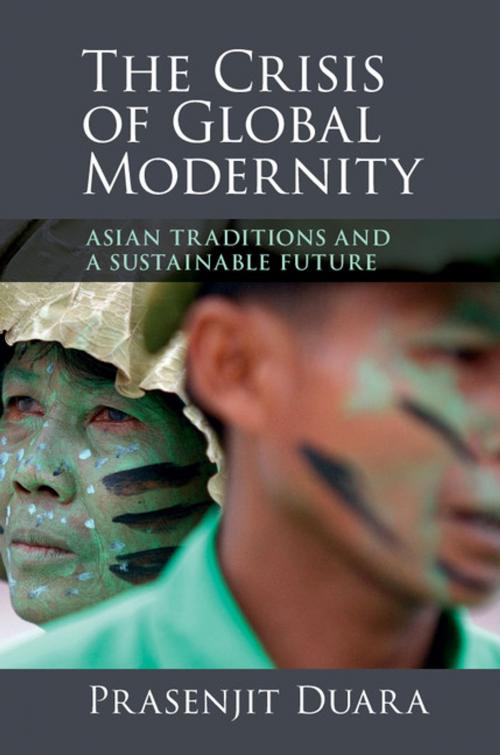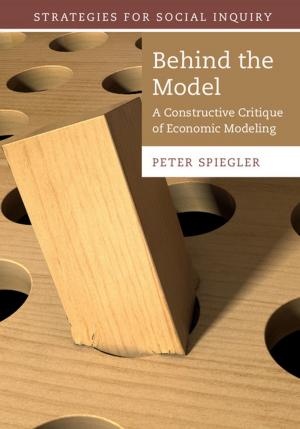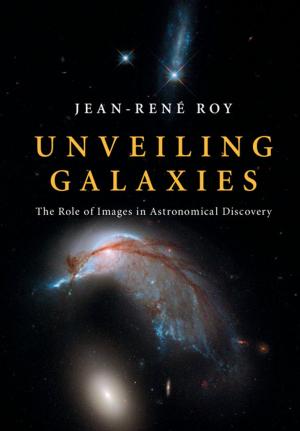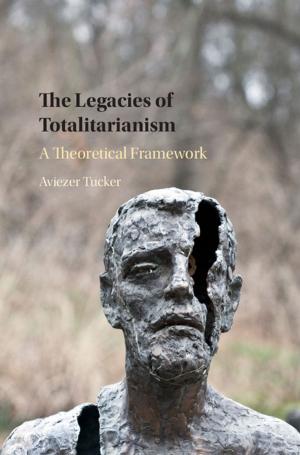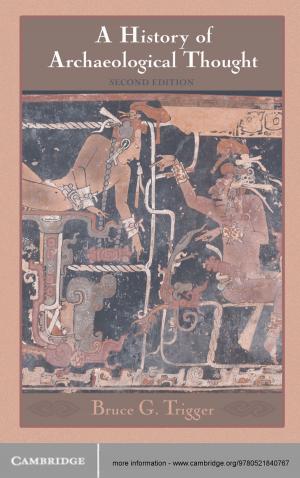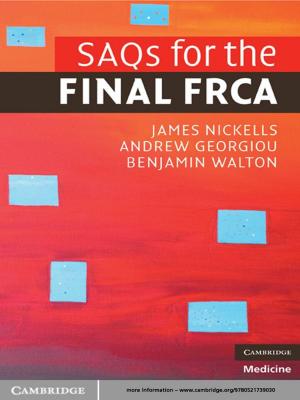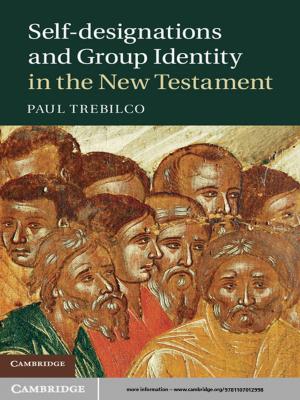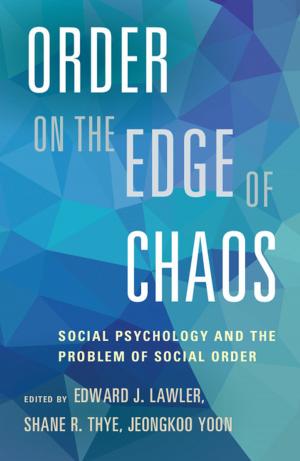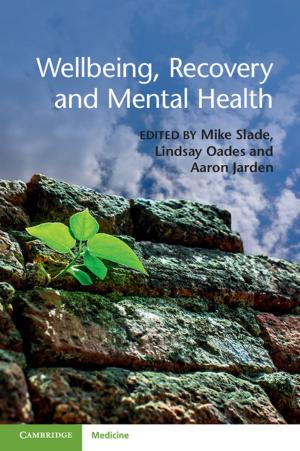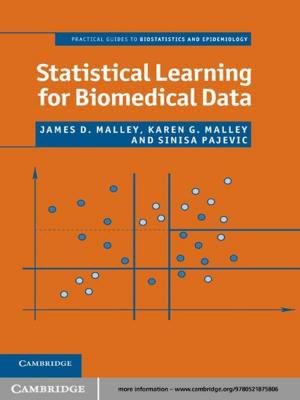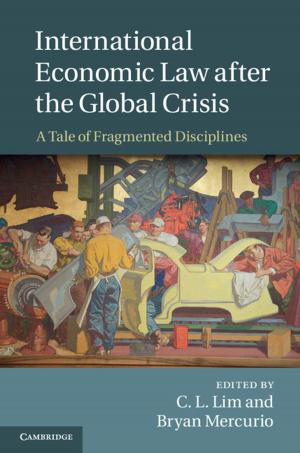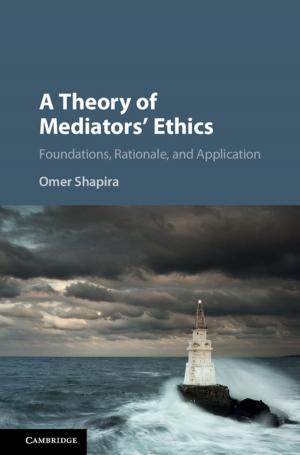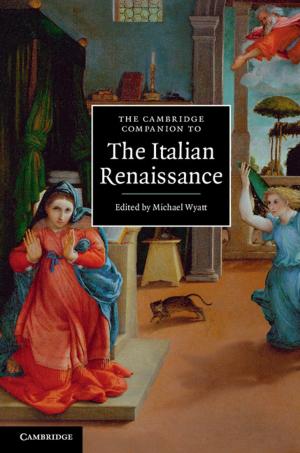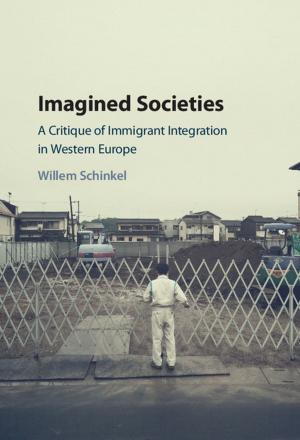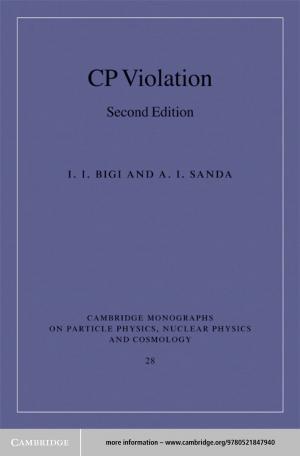The Crisis of Global Modernity
Asian Traditions and a Sustainable Future
Nonfiction, History, World History, Social & Cultural Studies, Social Science| Author: | Prasenjit Duara | ISBN: | 9781316189900 |
| Publisher: | Cambridge University Press | Publication: | December 11, 2014 |
| Imprint: | Cambridge University Press | Language: | English |
| Author: | Prasenjit Duara |
| ISBN: | 9781316189900 |
| Publisher: | Cambridge University Press |
| Publication: | December 11, 2014 |
| Imprint: | Cambridge University Press |
| Language: | English |
In this major new study, Prasenjit Duara expands his influential theoretical framework to present circulatory, transnational histories as an alternative to nationalist history. Duara argues that the present day is defined by the intersection of three global changes: the rise of non-western powers, the crisis of environmental sustainability and the loss of authoritative sources of what he terms transcendence - the ideals, principles and ethics once found in religions or political ideologies. The physical salvation of the world is becoming - and must become - the transcendent goal of our times, but this goal must transcend national sovereignty if it is to succeed. Duara suggests that a viable foundation for sustainability might be found in the traditions of Asia, which offer different ways of understanding the relationship between the personal, ecological and universal. These traditions must be understood through the ways they have circulated and converged with contemporary developments.
In this major new study, Prasenjit Duara expands his influential theoretical framework to present circulatory, transnational histories as an alternative to nationalist history. Duara argues that the present day is defined by the intersection of three global changes: the rise of non-western powers, the crisis of environmental sustainability and the loss of authoritative sources of what he terms transcendence - the ideals, principles and ethics once found in religions or political ideologies. The physical salvation of the world is becoming - and must become - the transcendent goal of our times, but this goal must transcend national sovereignty if it is to succeed. Duara suggests that a viable foundation for sustainability might be found in the traditions of Asia, which offer different ways of understanding the relationship between the personal, ecological and universal. These traditions must be understood through the ways they have circulated and converged with contemporary developments.
